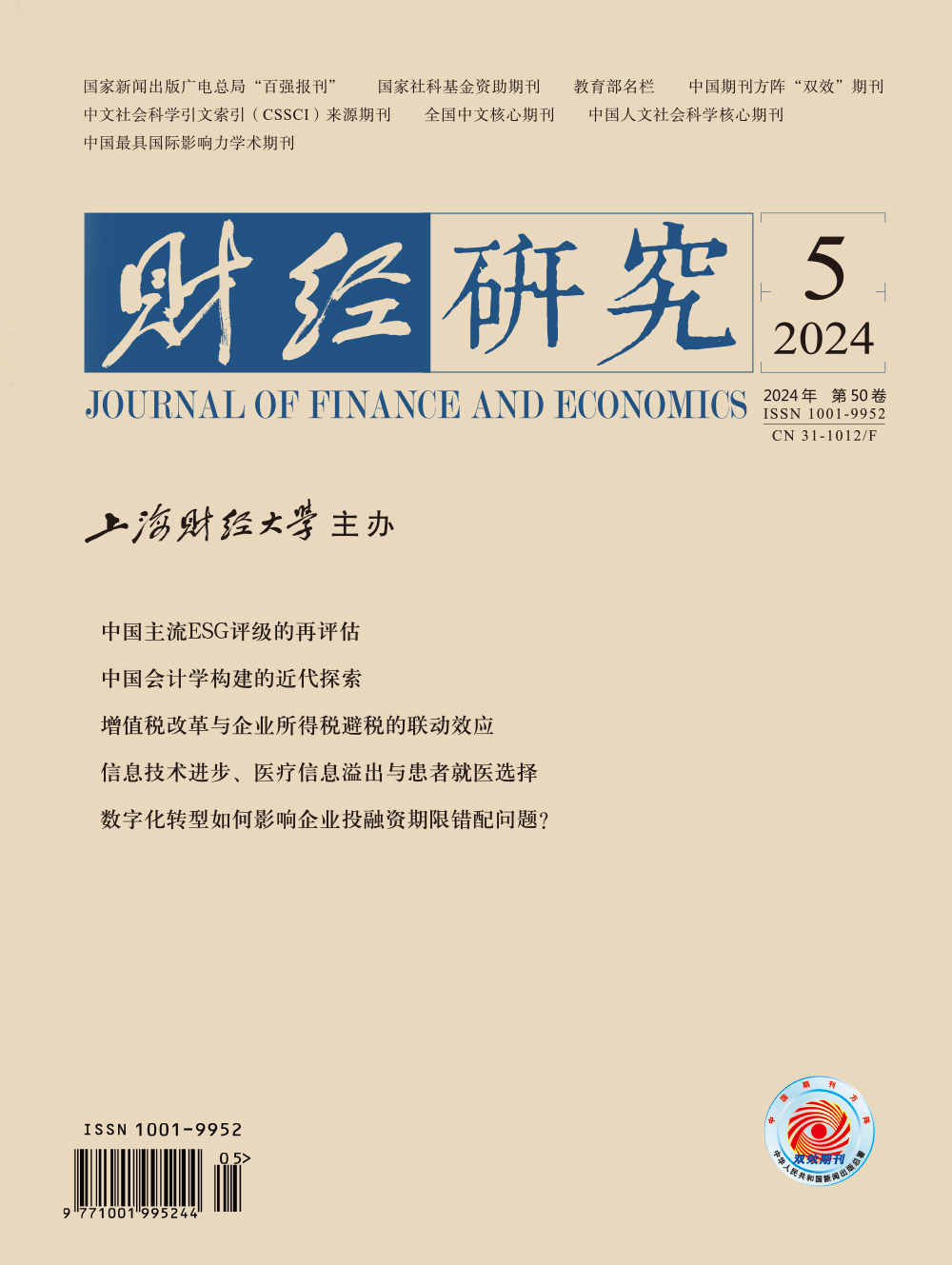Consumer spending is the primary driving force behind China’s economic growth. However, in recent years, there has been a lower inclination towards consumption among Chinese residents. Consequently, there is an urgent need to effectively support household consumption to unleash latent economic growth potential.
For a long time, China has faced challenges due to the scarcity and irrational allocation of medical and health resources, leading to difficulties in accessing affordable healthcare. This imposes a substantial financial burden on residents and hampers the consumption capacity of residents. In addressing these issues, the government has vigorously implemented comprehensive medical reform pilot policies.
Based on the data from 2010-2020 China Family Panel Studies, this paper takes the implementation of comprehensive medical reform pilot policies as a quasi-natural experiment and employs a DID approach to empirically test the impact of the comprehensive medical reform on household consumption. The findings indicate that the reform significantly stimulates household consumption, with more pronounced effects observed in families characterized by high social trust, medium-to-low income, high social connectivity, the presence of elderly members, reliance on the Internet as an information channel, and those residing in rural areas.
Mechanism analysis indicates that the reform primarily promotes household consumption by reducing precautionary savings, improving health conditions, and alleviating medical burden. The results suggest that the government should further deepen the comprehensive medical reform, enhance policy flexibility, and improve relevant laws and regulations to restrain moral hazard behavior and support vulnerable groups.
This paper not only offers a novel perspective for assessing the comprehensive medical reform, but also plays a catalytic role in propelling further reforms in the healthcare system. Moreover, it holds valuable insights for expanding consumption and enhancing domestic demand.





 5013
5013  7164
7164

